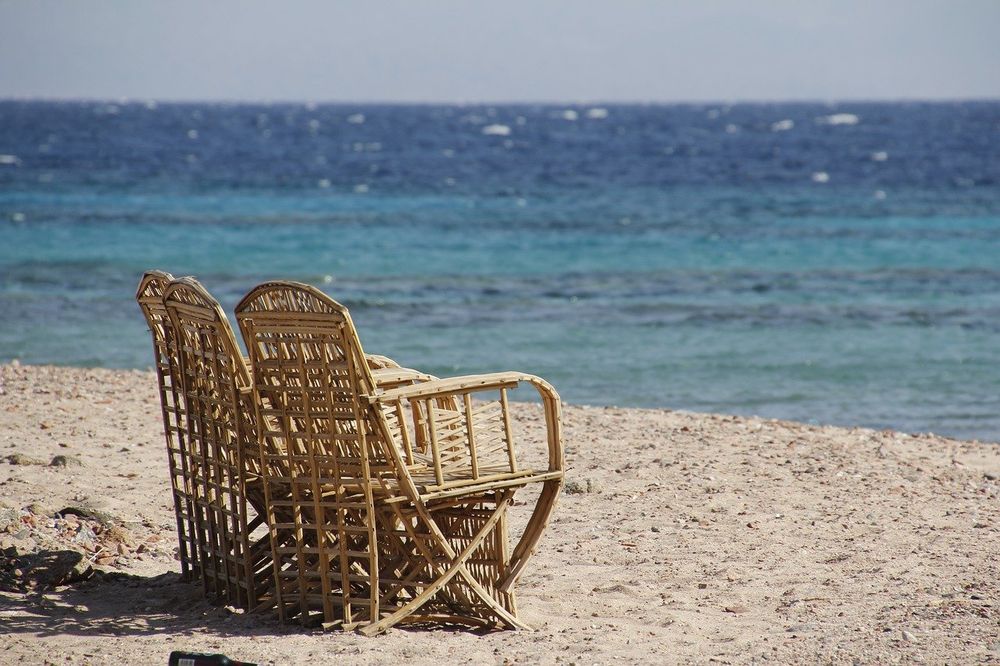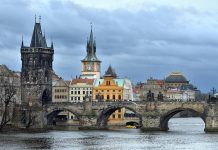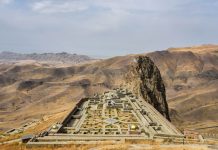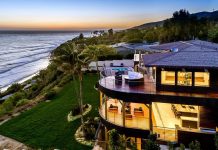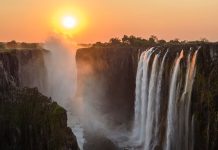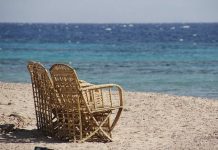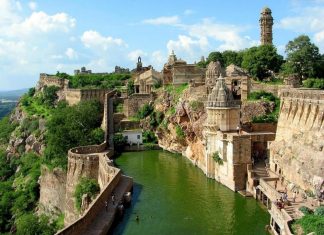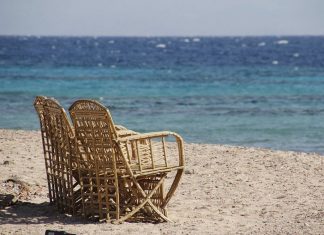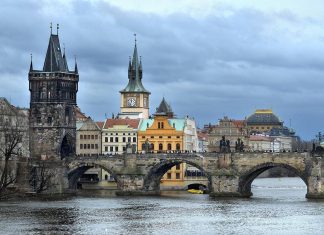Guinea-Bissau is a small coastal country just to the South of Senegal where the people speak a host of local languages and Creole together with Portuguese and a little bit of French.
Until recently, Guinea-Bissau was well off the tourist route. Struggles for independence and a civil war in 1998-99 devastated the economy. Tourist facilities and infrastructure remain, in general, very limited but efforts have been made to encourage visitors to this undiscovered gem of West Africa .
Although a relatively small country. Guinea-Bissau’s beaches and wildlife are exceptional while West African traditions and Portuguese colonial remains can still be seen. On the coast, one finds fishing villages surrounded by forests, whereas further inland the country is dry and dusty. The islands off the coast of Guinea-Bissau (the Bijagos Archipelago) are of exceptional beauty. These islands are home to a group of indigenous people. Turtles, sharks, manatees, and a very special and very rare form of hippopotamus that lives mostly in salt-water can all be seen here.
The population of Guinea-Bissau is ethnically diverse with distinct languages, customs, and social structures. Most people are farmers, with traditional religious beliefs (animism); 45% are Muslim, principally Fula and Mandinka speakers concentrated in the north and northeast. Other important groups are the Balanta and Papel, living in the southern coastal regions, and the Manjaco and Mancanha, occupying the central and northern coastal areas.
Cultural life in Guinea-Bissau is mainly organized by the government. A state radio station exists, and an experimental television program is run in conjunction with the Portuguese broadcasting system. The government publishes its own newspaper, Nô Pintcha. The National Institute of Studies and Research (INEP) sponsors social and scientific investigation and publishes Soronda, a journal of Guinean studies. The national arts institute maintains a school of music and dance and sponsors frequent concerts. There is a public library and museum.
Guinea-Bissau is among the world’s least developed nations and depends mainly on agriculture and fishing. Guinea-Bissau exports some fish and seafood, although most fishing in Guinea-Bissau’s waters is presently not done by Bissau-Guineans and very little fish and seafood is processed in Guinea-Bissau . The country’s other important product is cashews. License fees for fishing provide the government with some revenue. Rice is a major crop and staple food and, if developed, Guinea-Bissau could potentially be self-sufficient in rice. Tropical fruits such as mangos could also provide more income to the country if the sector were developed. Because of high costs, the development of petroleum, phosphate, and other mineral resources is not a near-term prospect. However, unexploited offshore oil reserves may possibly provide much-needed revenue in the long run.

